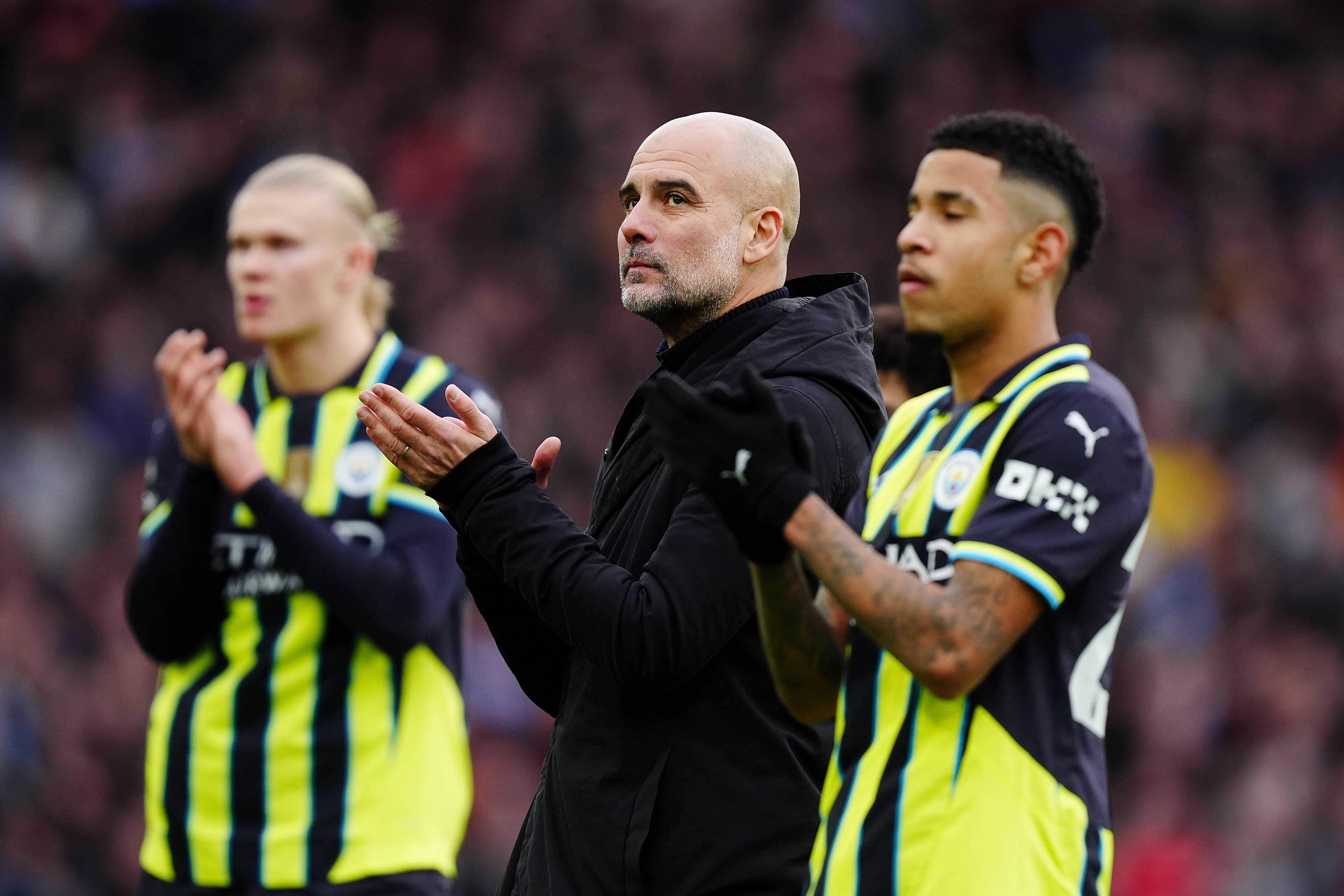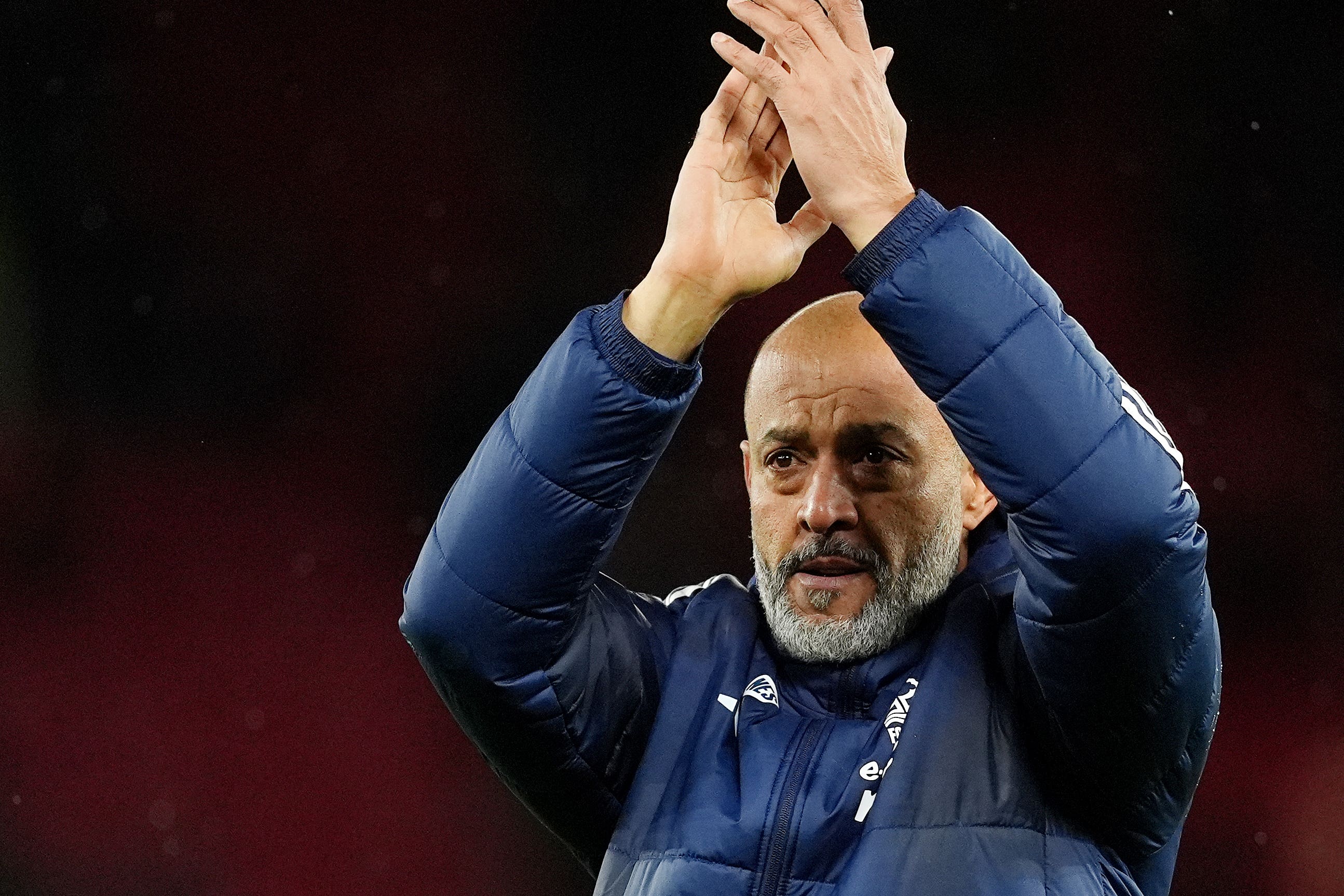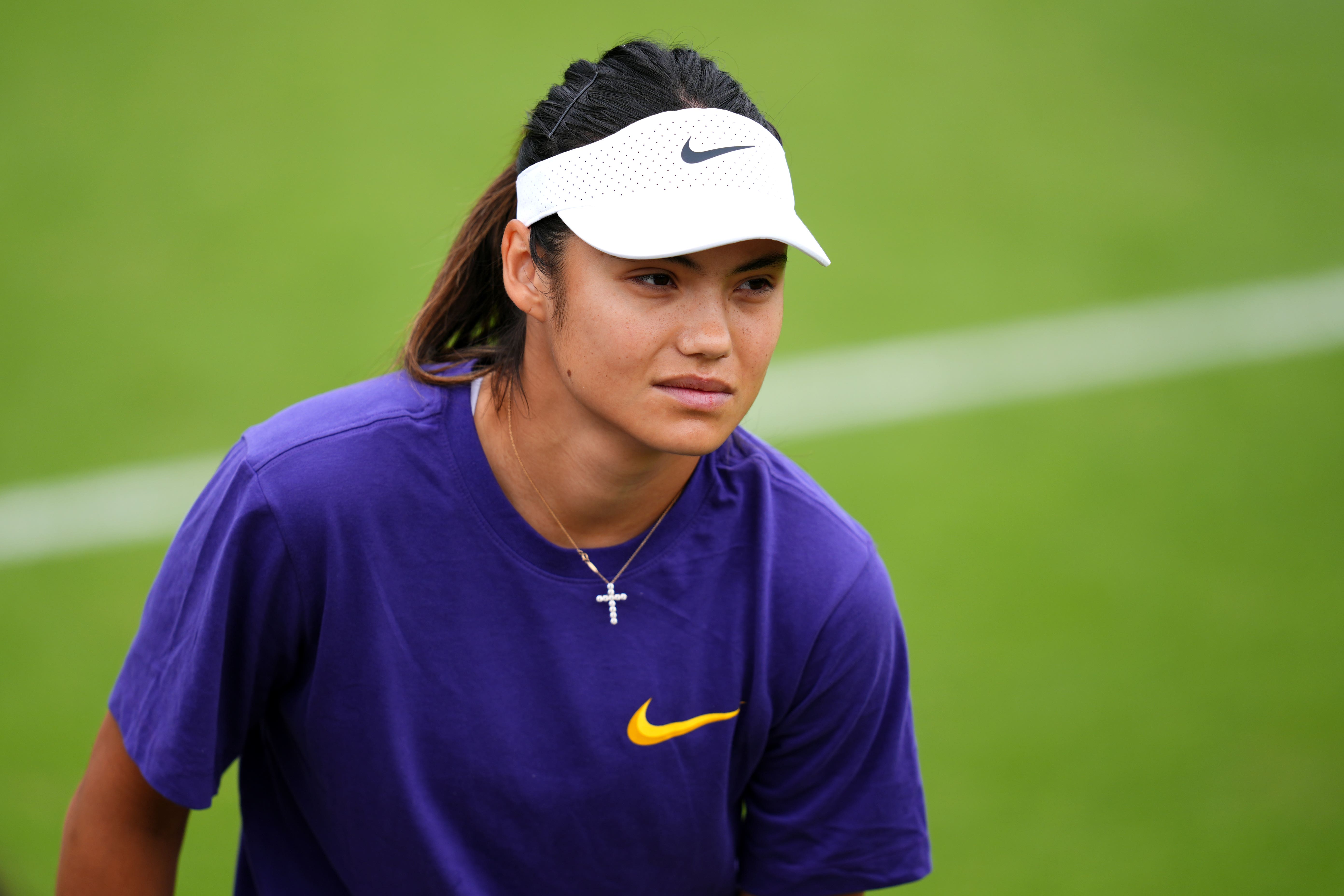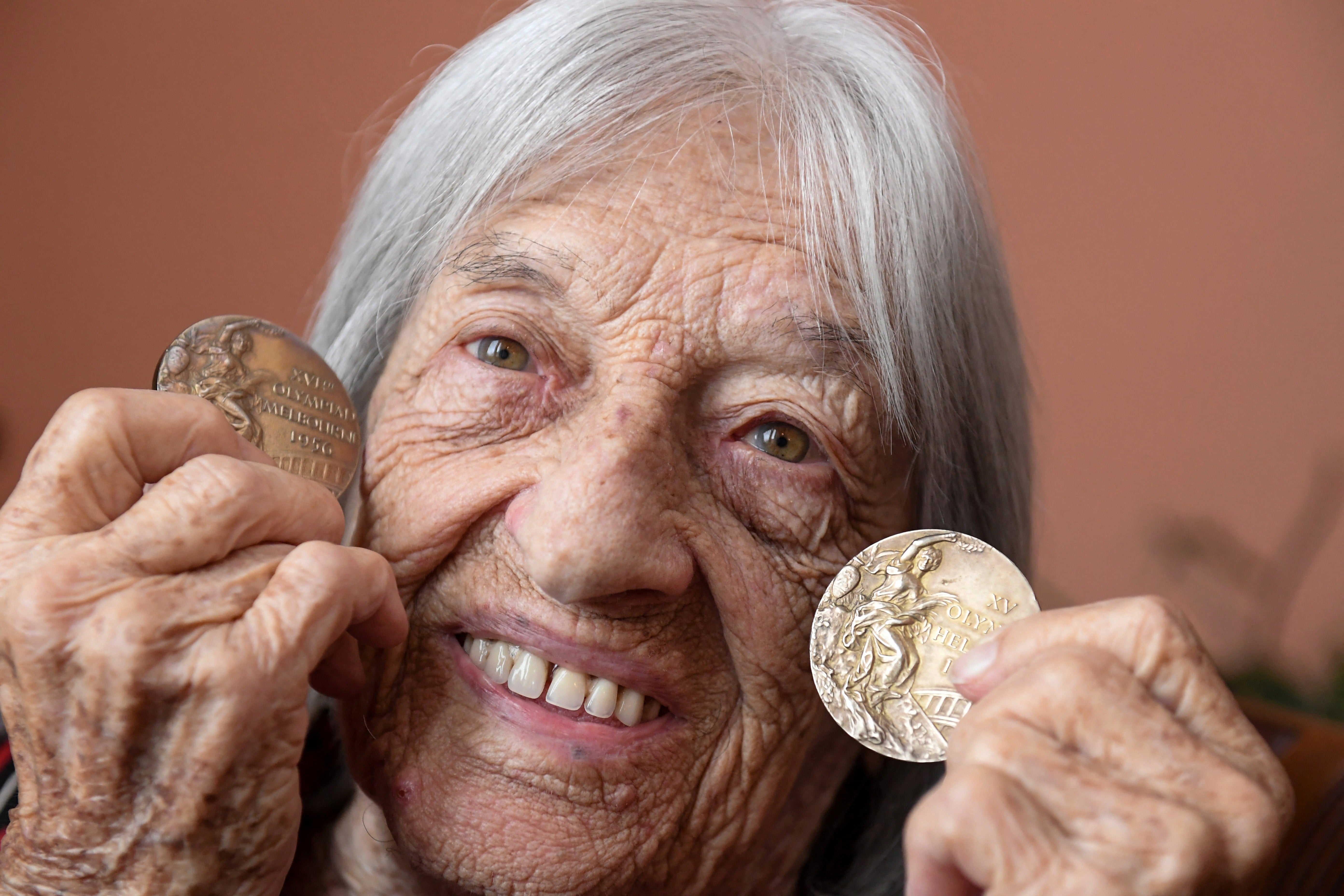PLYMOUTH ARGYLE’S Bosnian centre-half Nikola Katic had never previously played in the FA Cup. But in the aftermath of his team’s shock fourth-round victory over Liverpool, Katic summed up our feelings towards the competition pretty succinctly. “I f***ing love it,” said the Roger Mellie of the Balkans. And then, without allowing time for his interviewer to apologise for such industrial language, Katic added the rejoinder: “I f***ing love it.”.
![[Nikola Katic of Plymouth Argyle celebrates a victory.]](https://www.thesun.co.uk/wp-content/uploads/2025/02/nikola-katic-plymouth-argyle-celebrates-970650951.jpg?strip=all&w=960)
Well said, sunshine, and well played. What a glorious long weekend it’s been for a competition which has struggled for elbow-room in a congested calendar and struggled to retain this nation’s love. After Katic’s outburst, I was sent a photo of two match tickets from a friend of a friend who supports Argyle. His seat cost £29, his teenage son’s just nine quid. Not a bad price to witness the bottom club in the Championship defeating the Premier League leaders, ending Liverpool’s hunt for a Quadruple.
![[Plymouth Argyle players celebrating a goal.]](https://www.thesun.co.uk/wp-content/uploads/2025/02/25-nikola-katic-c-plymouths-970596078_b23a2a.jpg?strip=all&w=960)
Plymouth’s pricing policy shames many top-flight clubs who charge significantly more for Cup games, even to those already paying through the nose for season tickets. And the match was one of nine fixtures screened on ITV or BBC over a five-day festival of football which concludes back in Devon, with Exeter versus Nottingham Forest tonight. This has been a welcome development for the Cup. CASINO SPECIAL - BEST CASINO BONUSES FROM £10 DEPOSITS.
![[Leyton Orient soccer players celebrating a goal.]](https://www.thesun.co.uk/wp-content/uploads/2025/02/leyton-orient-players-celebrate-scoring-970208888.jpg?strip=all&w=960)
While traditionalists bemoan the absence of a job-lot of fixtures at 3pm on Saturday, here is an opportunity for the tens of millions who can’t afford Sky and TNT subscriptions to feast their eyes.Sure, Arne Slot fielded Liverpool’s reserves but that’s part of the competition’s evolution — making upsets more likely. Likewise, the scrapping of replays increases the chances of giant-killings.
![[Two soccer players celebrating a goal.]](https://www.thesun.co.uk/wp-content/uploads/2025/02/celebrates-scoring-sides-second-goal-970293560.jpg?strip=all&w=960)
The Cup cannot survive on nostalgia alone. It’s not about Ron Manager from The Fast Show getting misty-eyed about supporters with tinfoil trophies. And while such sharp-toothed underdoggery remains the Cup’s raison d’etre, there has been plenty more to savour. The absence of VAR brought a welcome spontaneity. Yes, Harry Maguire’s injury-time winner for Manchester United against Leicester was a travesty — with replays leaving us wondering only whether four or five United players had been offside.
![[Kylian Mbappé celebrating a goal for Real Madrid.]](https://www.thesun.co.uk/wp-content/uploads/2025/02/kylian-mbappe-centre-forward-real-970894913.jpg?strip=all&w=960)
Yet rather that than the cruelty of last year’s semi-final at Wembley, when Coventry were denied the greatest FA Cup comeback due to a toenail offside ruling out Victor Torp’s winner in the final seconds of extra-time, after the Championship side had trailed United 3-0. Sadly, VAR returns for the fifth round but it should be absent from the entire competition, marking it out as a home for old-school authenticity.
![[Harry Kane of FC Bayern München celebrating a victory.]](https://www.thesun.co.uk/wp-content/uploads/2025/02/harry-kane-fc-bayern-m-970120010.jpg?strip=all&w=960)
On Saturday, Leyton Orient’s Jamie Donley scored probably the greatest FA Cup goal by an underdog since Ronnie Radford’s rocket for Hereford against Newcastle in 1972. It scarcely mattered that Manchester City came back to win because the technique and audacity required for Donley’s perfectly flighted 45-yarder will see it replayed for decades. Oh, and we’re obviously ignoring the killjoy nonsense of Donley’s effort being awarded as a Stefan Ortega own goal.
![[Sir Jim Ratcliffe and Manchester United CEO Omar Berrada at a soccer match.]](https://www.thesun.co.uk/wp-content/uploads/2025/02/sir-jim-ratcliffe-owner-ineos-969970286.jpg?strip=all&w=960)
But then again was Donley’s even the greatest goal scored by an FA Cup underdog on Saturday?. The sheer almighty wallop of Tomoki Iwata’s effort for Birmingham against Newcastle was certainly more Radford-esque. St Andrew’s was rocking for that classic Cup tie which dripped with drama and controversy before Eddie Howe’s side edged it 3-2. At Birmingham’s ground, I once witnessed a squirrel falling from the rusty rafters of the Main Stand on to the laptop of the bloke sitting next to me.
![[Ange Postecoglou, Tottenham Hotspur manager, clapping.]](https://www.thesun.co.uk/wp-content/uploads/2025/02/09-02-2025-tottenham-hotspur-970863790.jpg?strip=all&w=960)
At Plymouth’s Home Park, I was struck on the head by a flying pasty after an Argyle goal. And Brisbane Road is a ground I visited frequently with my late Uncle Henry, an Orient season ticket-holder for decades. I enjoyed the excellent selection of real ale in the supporters’ club bar, the gallows humour of the fans and the magnificent absurdity of the club’s Tijuana Taxi walk-on music, as much as the football.
![[James Collins of West Ham United during a match.]](https://www.thesun.co.uk/wp-content/uploads/2025/02/2018-west-ham-uniteds-james-405825614.jpg?strip=all&w=664)
But for an hour on Saturday, Orient — revived after a spell under ruinous ownership had plunged them into non-league football — were leading Pep Guardiola’s filthy-rich City. These places represent the soul of the English game — where supporters attend in hope rather than expectation, by virtue of generations-old tradition rather than glory-hunting opportunism. This Cup weekend showcased what makes English football truly great — not the global phenomenon of the Premier League but the depth of the passionate support for clubs further down the pyramid.
![[Burnley manager Scott Parker celebrating.]](https://www.thesun.co.uk/wp-content/uploads/2025/02/burnley-manager-scott-parker-celebrates-970262535.jpg?strip=all&w=960)





















